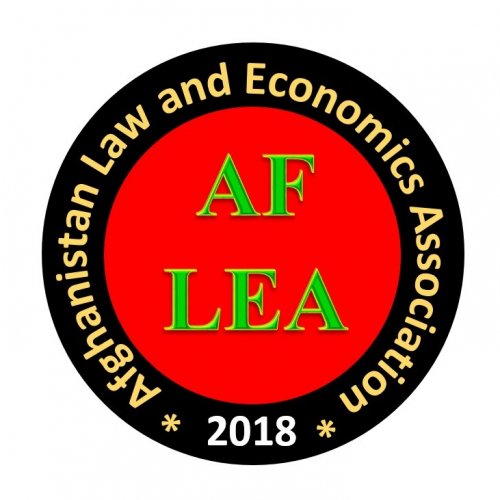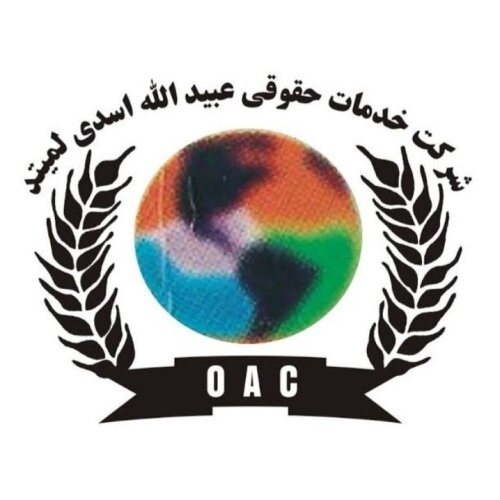Best Civil & Human Rights Lawyers in Kabul
Share your needs with us, get contacted by law firms.
Free. Takes 2 min.
List of the best lawyers in Kabul, Afghanistan
About Civil & Human Rights Law in Kabul, Afghanistan
The landscape of Civil & Human Rights in Afghanistan, specifically in Kabul, is continuously evolving, primarily due to socio-political changes and international interference. The Afghanistan Constitution, adopted in 2004, recognises a number of fundamental rights, including the right to life, equality before the law, freedom of speech and religion. These rights, however, have been greatly restricted due to persistent conflict, militancy, and institutional corruption.
Why You May Need a Lawyer
Seeking legal assistance is crucial when dealing with issues related to civil and human rights as these are sensitive and often complex. Situations such as discrimination, abuse, unwarranted detainment, or freedom of speech violations may require you to seek legal help. A qualified lawyer can help you understand your rights, ascertain potential violations, and guide you through the legal process to seek justice.
Local Laws Overview
Most laws related to Civil & Human Rights in Kabul come under the Afghanistan Constitution. Notable provisions include: Article 22 stating that men and women have equal rights and duties before the law, Article 24 which guarantees the right to personal liberty, security, and dignity; and Article 34 which upholds freedom of expression. However, enforcement of these provisions can be inconsistent due to systemic issues.
Frequently Asked Questions
What rights are granted in Afghanistan's Constitution?
Various fundamentals rights are granted, including the right to life, equality, liberty, personal integrity, privacy, freedom of speech, and religion among others.
What steps can one take when their rights are violated?
You can consult with a lawyer to understand your case better, document any evidence of the violation, and potentially initiate a formal legal complaint.
How does Afghan law protect against discrimination?
Article 22 of the Constitution states that men and women have equal rights and duties before the law. However, enforcement often varies.
Can non-Afghan citizens seek protection under Afghan Human Rights laws?
While the Constitution generally applies to Afghan citizens, certain human rights norms are considered universal and may apply to non-citizens subject to specific circumstances.
Is Afghanistan part of any international human rights treaties?
Yes, Afghanistan has ratified a number of international human rights treaties such as the Convention on the Rights of the Child (CRC) and the Convention on the Elimination of All Forms of Discrimination Against Women (CEDAW).
Additional Resources
The Afghanistan Independent Human Rights Commission (AIHRC) and the United Nations Assistance Mission in Afghanistan (UNAMA) are notable resources. Various international and local NGOs also operate in Kabul, offering information, services, and assistance for those dealing with civil and human rights issues.
Next Steps
If you believe your rights have been violated, consult with a trusted civil or human rights lawyer. Gather all related information and evidence to support your case and follow your lawyer's guidance. Also, consider reaching out to human rights organisations who may provide additional support and advice.
Lawzana helps you find the best lawyers and law firms in Kabul through a curated and pre-screened list of qualified legal professionals. Our platform offers rankings and detailed profiles of attorneys and law firms, allowing you to compare based on practice areas, including Civil & Human Rights, experience, and client feedback.
Each profile includes a description of the firm's areas of practice, client reviews, team members and partners, year of establishment, spoken languages, office locations, contact information, social media presence, and any published articles or resources. Most firms on our platform speak English and are experienced in both local and international legal matters.
Get a quote from top-rated law firms in Kabul, Afghanistan — quickly, securely, and without unnecessary hassle.
Disclaimer:
The information provided on this page is for general informational purposes only and does not constitute legal advice. While we strive to ensure the accuracy and relevance of the content, legal information may change over time, and interpretations of the law can vary. You should always consult with a qualified legal professional for advice specific to your situation.
We disclaim all liability for actions taken or not taken based on the content of this page. If you believe any information is incorrect or outdated, please contact us, and we will review and update it where appropriate.
Browse civil & human rights law firms by service in Kabul, Afghanistan
Kabul, Afghanistan Attorneys in related practice areas.









